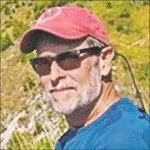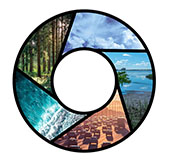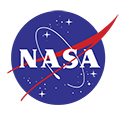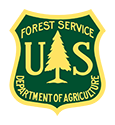In memoriam: Dr. Roger B. Hanson, former Director of the U.S. Carbon Cycle Science Program Office

We recently learned of the passing of Dr. Roger B. Hanson. Dr. Hanson served as the Director of the U.S. Carbon Cycle Science Program Office from 2005 to 2011. He was instrumental in shepherding the development of the 2011 US Carbon Cycle Science Plan with the science community and in establishing ties with the Global Carbon Project and other partners. We would like to express our heartfelt condolences to Dr. Hanson's family and loved ones.
Before being recruited by the Carbon Cycle Interagency Working Group to lead the U.S. Carbon Cycle Science Program via UCAR, Dr. Hanson served eight years as Director of the JGOFS International Project Office in Bergen, Norway. In this position, he provided overall scientific leadership in the daily operations of the Joint Global Ocean Flux Study. In this role he contributed scientific, administrative and financial support to the Scientific Steering Committee in the investigation of past trends and emerging issues in global ocean biogeochemistry. During his tenure with the U.S. Carbon Cycle Science Program, Hanson provided direct support to the Carbon Cycle Interagency Working Group under the auspices of the U.S. Global Change Research Program on matters such as science activities, program management, annual budgets, and financial issues. He represented the interagency group on carbon cycle science issues with the U.S. Global Change Research Program with identified links to carbon cycle science. He acted as a liaison with international carbon cycle science programs under Earth System Science Partners, in particular the Global Carbon Project. In other capacities, he supported the interagency working group in preparing topic white papers, science plans and program accomplishments, analyzing the scope of federal carbon cycle research projects, informing the interagency group on project status, needs, and opportunities for enhancing research coordination among research scientists, agencies and programs, and communicating significant new findings to the agencies, science communities and the public.




